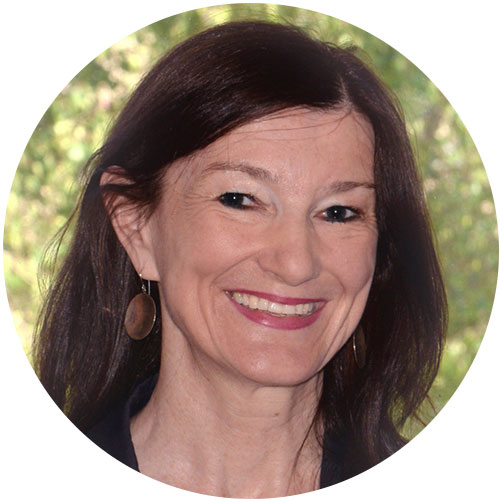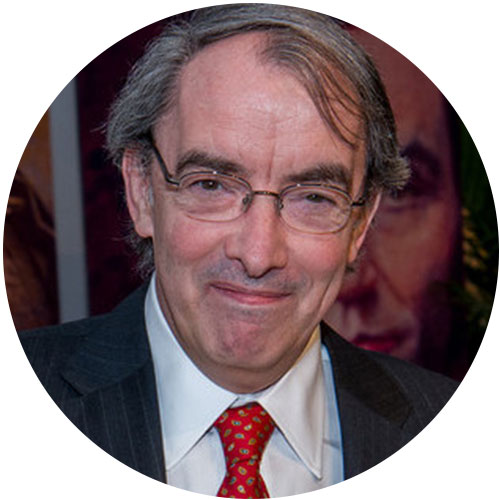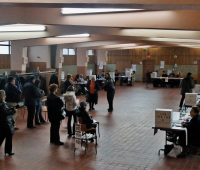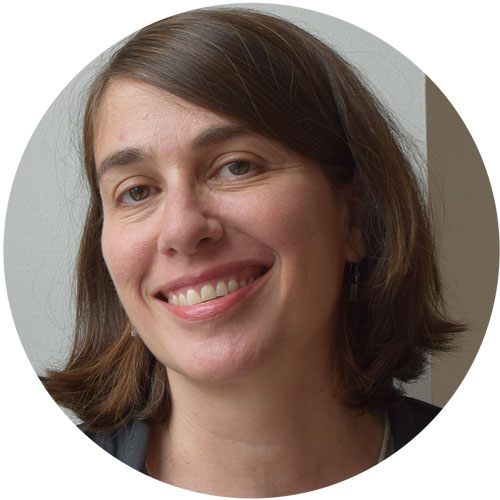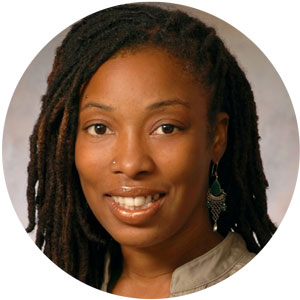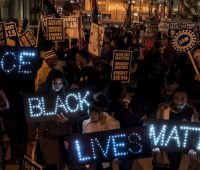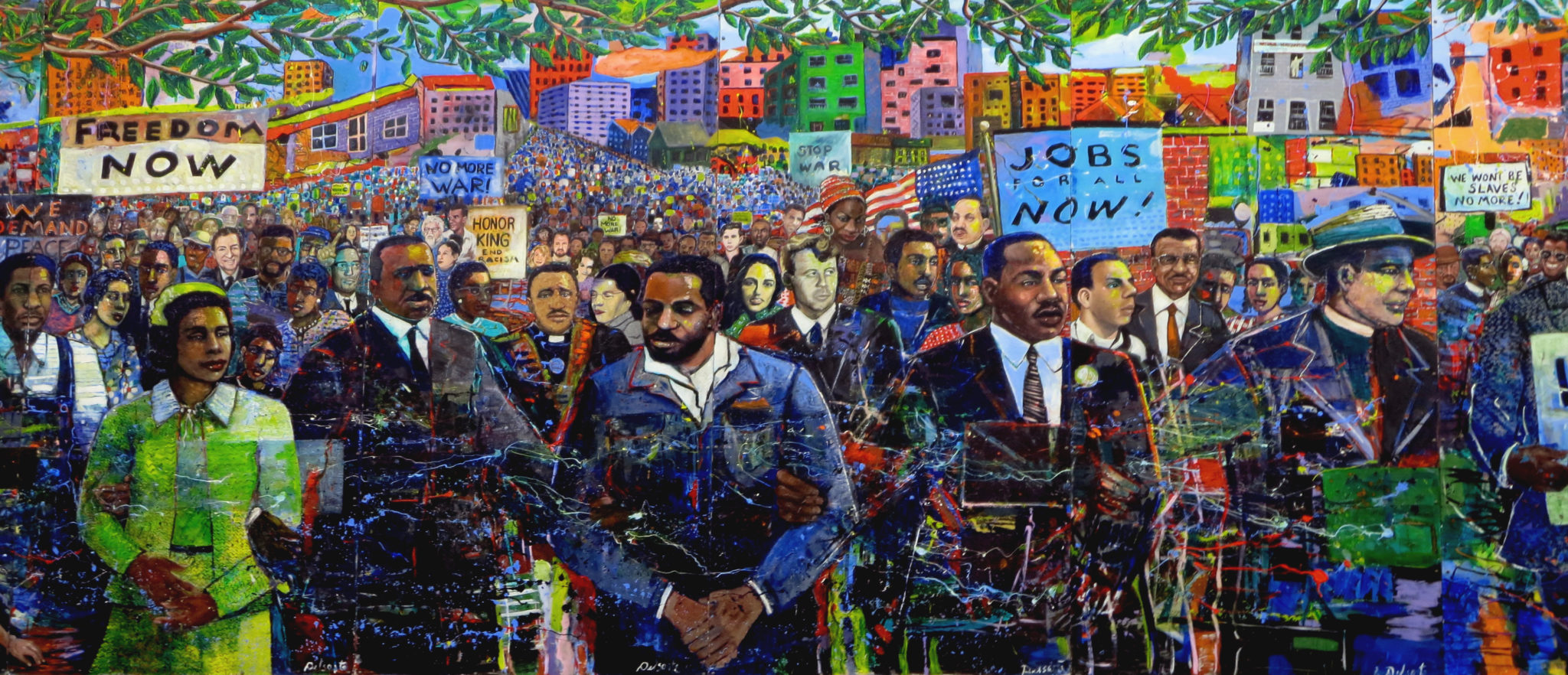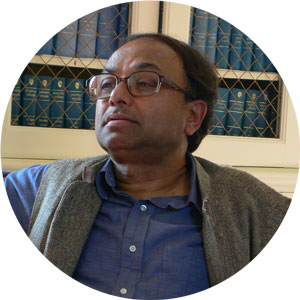In a new response to the recently published Measure of America report A Portrait of LA County, Pedro Noguera unpacks a range of socioeconomic disparities revealed in the report. Noguera calls attention to how comparing inequalities across neighborhoods can miss the ways in which different parts of LA are interconnected—how what happens in one part of the city shapes social outcomes elsewhere. Showing how the lack of affordable housing, long commutes, and poor access to quality education are related, he proposes recommendations for addressing inequality based upon geographic interdependencies.














